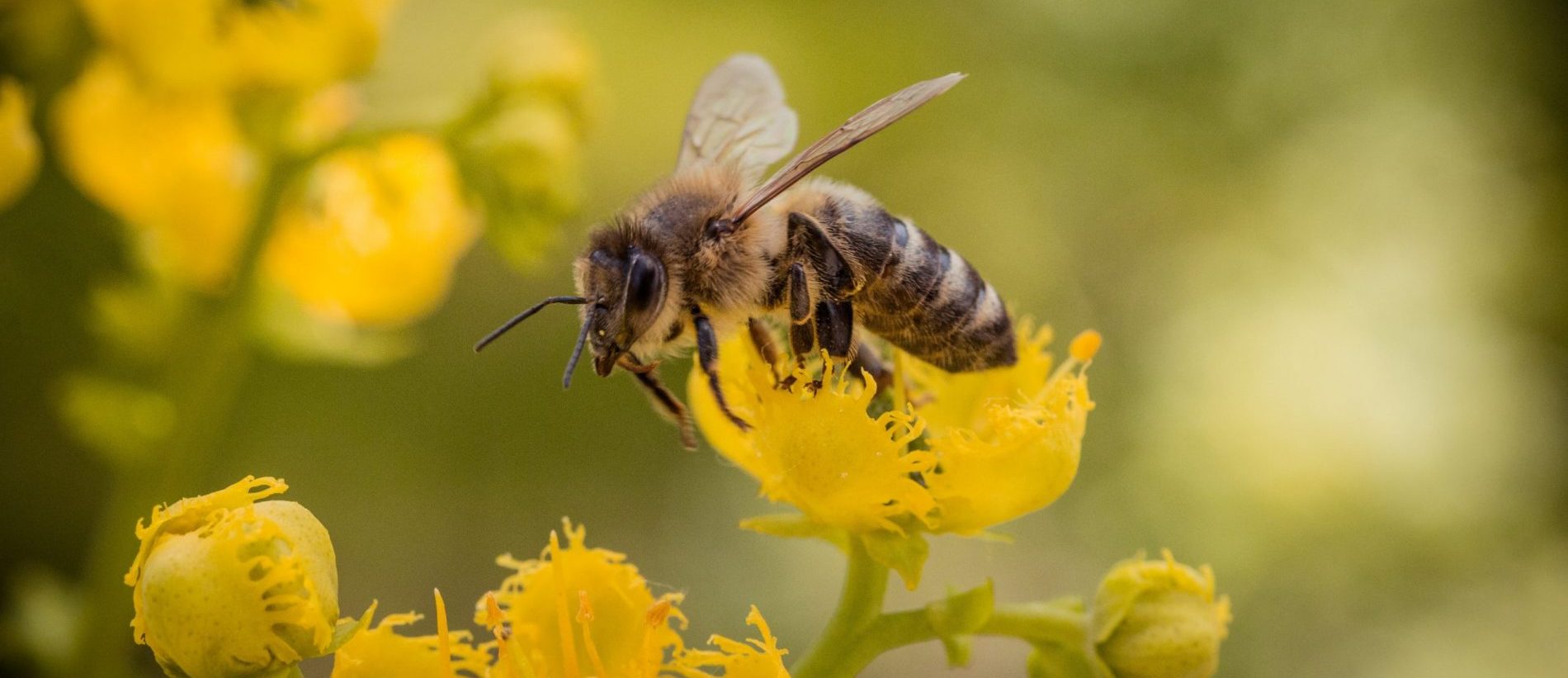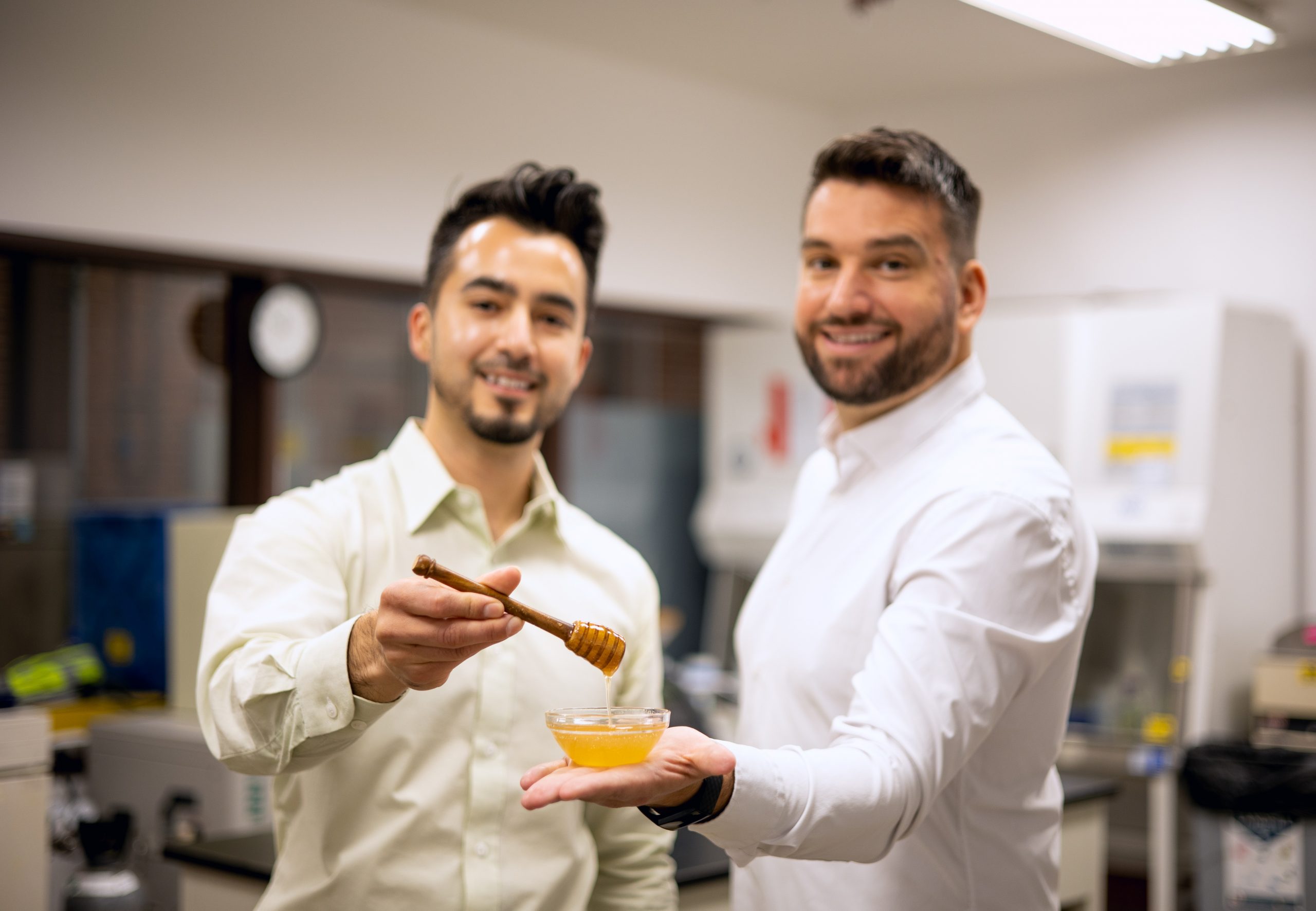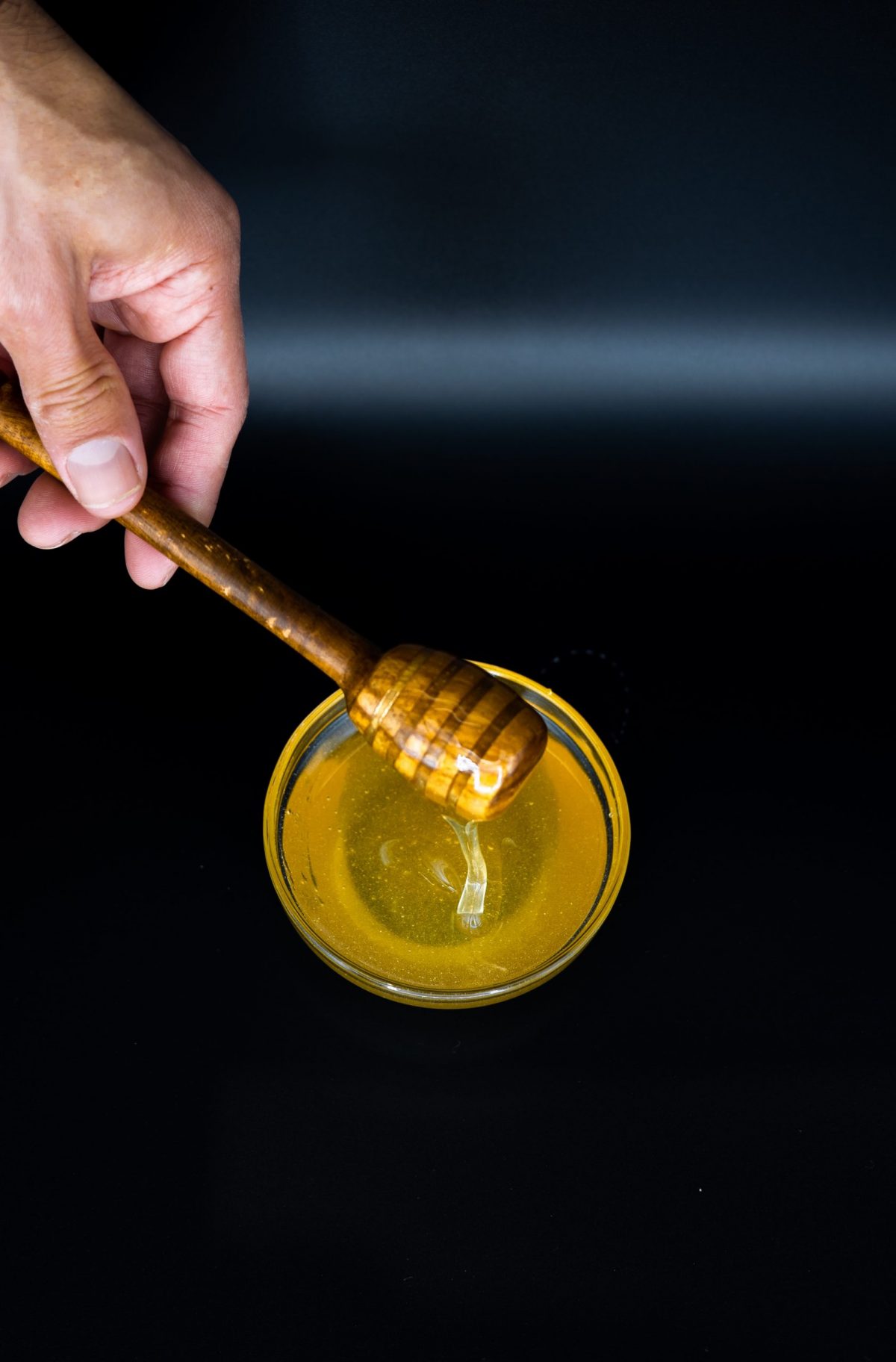
Darko Mandich | Creating Honey Without Bee
In recent years, plant-based food alternatives have come into focus in the food industry as a response to climate change. Darko Mandich, the CEO of MeliBio, aims to produce honey without further harming biodiversity; bee-less. Mandich and his colleagues in MeliBio mimic honey in the lab, using microorganisms.
“MeliBio is a story of evolution. It started with my thoughts and beliefs revolving around the vision of building a future food industry that is not relied on animal farming,” Mandich tells Luxiders. Being vegan himself, Mandich decided to move from Serbia to California with the goal of helping the industry become kinder and more sustainable. He later met Dr Aaron Schaller and when they realised they shared the same passion towards honey and bees, they decided to launch MeliBio. “The industry has been part, of solely relied on the breeding of honey bees – this has a negative impact not only on honey bees but more importantly on 20,000 wild and native bee species that are endangered by honey production,” he reasons.

“There are many alternatives to honey, but none is even close to the superiority of taste, colour, texture and nutritional value as honey. That is why we decided not to compromise and make the same product as honey bees do, just without the use of honey bees.”

The future of honey without bees looks promising, considering the growing market for vegan foods; by 2026, the market is expected to reach $31 billion. The company itself plans to focus on selling not only to food companies but also to the beauty industry. “Our first product launch is planned for the end of this year,” Mandich says. They have completed the pre-seed round and expanded R&D with some experts and consultants.
He admits that building a business isn’t easy, but the purpose will tackle the challenges along the way. “Every morning when I wake up, there is an urgent and important reason to get out of bed promptly and work hard to change my industry for the better. For the better for the people who will have access to the most superior sweetener and for the better for the bees whose biodiversity will be saved,” Mandich says with optimism.

+ Words: Alvia Zuhadmono, Luxiders Magazine
Sweden-based writer
Connect with her through LindkedIn






